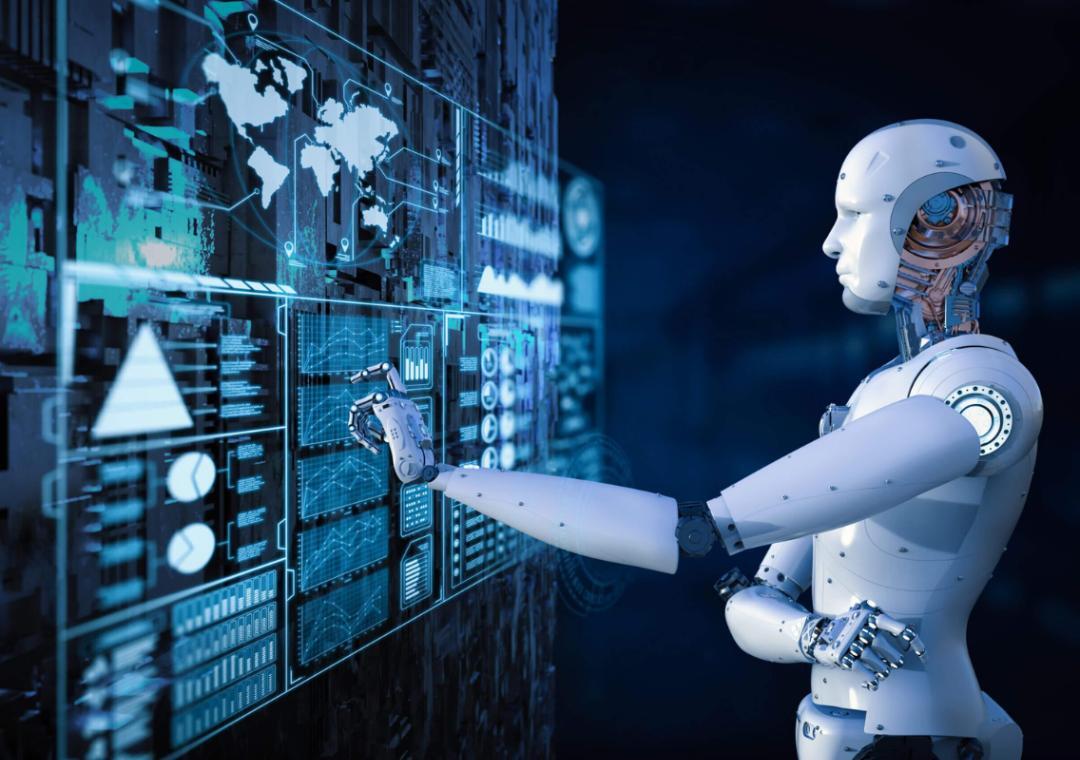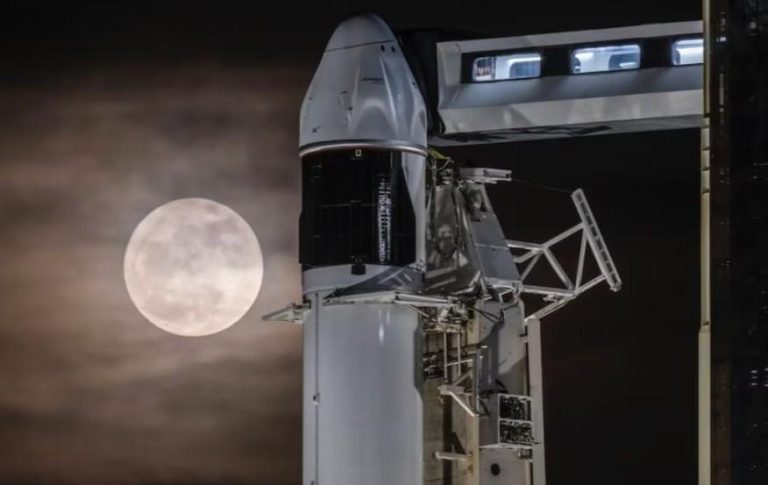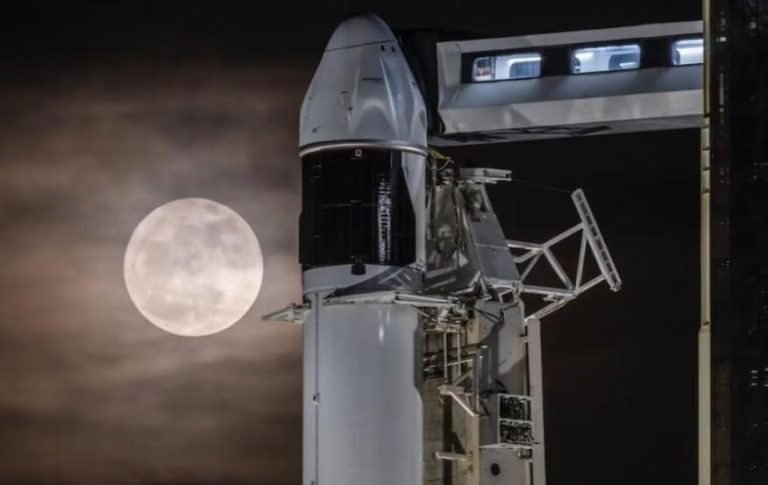
AI & Automation: The Productivity Power Duo
In today’s fast-paced business landscape, companies are constantly seeking ways to increase efficiency, reduce costs, and improve decision-making. Two emerging technologies have emerged as a powerful duo to achieve these goals: Artificial Intelligence (AI) and Automation. The integration of AI and Automation, also known as Intelligent Automation, is revolutionizing the way organizations operate by streamlining routine tasks, adapting to new patterns, and freeing up human teams to focus on strategy.
The Rise of Automation
Automation has been around for decades, but its application has expanded significantly in recent years. The introduction of Robotic Process Automation (RPA) has enabled businesses to automate repetitive, rule-based tasks, such as data entry, customer service, and bookkeeping. RPA bots mimic human actions, interacting with software applications and systems to perform tasks with high accuracy and speed.
The Power of Artificial Intelligence
Artificial Intelligence, on the other hand, has been making strides in recent years, particularly with the advancement of machine learning (ML) and deep learning (DL) algorithms. AI is capable of processing large amounts of data, identifying patterns, and making predictions or decisions. This intelligence is being applied in various industries, such as healthcare, finance, and customer service, to improve decision-making, optimize processes, and enhance customer experiences.
Intelligent Automation: The Synergy
The combination of AI and Automation creates a powerful synergy, enabling businesses to tackle complex tasks and make informed decisions. Intelligent Automation integrates RPA with AI, allowing bots to handle routine tasks while machine learning algorithms tackle complex decisions. This union enables organizations to:
- Increase Efficiency: By automating routine tasks, organizations can free up human resources to focus on high-value tasks, such as strategy, innovation, and customer-facing activities.
- Improve Accuracy: AI-powered automation ensures that tasks are performed with high accuracy, reducing errors and increasing productivity.
- Enhance Decision-Making: AI algorithms analyze large datasets, identifying patterns and making predictions or recommendations, enabling businesses to make informed decisions.
- Adapt to Change: Intelligent Automation allows organizations to adapt to new patterns, trends, and regulations, ensuring that processes remain efficient and effective.
- Improve Customer Experience: By automating routine tasks, organizations can focus on providing personalized customer experiences, enhancing customer satisfaction, and driving loyalty.
Industry-Specific Applications
Intelligent Automation is transforming various industries, including:
- Finance and Banking: Automating tasks such as account reconciliation, payment processing, and customer service, while AI algorithms analyze market trends and detect fraudulent activities.
- Healthcare: Automating tasks such as claims processing, medical record management, and patient registration, while AI algorithms analyze medical data to improve diagnosis and treatment outcomes.
- Manufacturing: Automating tasks such as inventory management, supply chain optimization, and quality control, while AI algorithms predict maintenance needs and optimize production schedules.
- Customer Service: Automating tasks such as chatbots, email management, and social media monitoring, while AI algorithms analyze customer feedback and sentiment analysis.
Challenges and Opportunities
While Intelligent Automation is poised to revolutionize the way businesses operate, there are challenges to be addressed:
- Data Quality: Ensuring that data is accurate, complete, and consistent is crucial for AI-powered automation to function effectively.
- Change Management: Organizations must be prepared to adapt to new processes and technologies, and ensure that employees are trained to work with AI-powered automation.
- Cybersecurity: As AI-powered automation handles sensitive data, organizations must ensure that their systems are secure and protected from cyber threats.
Conclusion
The integration of AI and Automation is a powerful duo that is transforming the way businesses operate. Intelligent Automation is poised to increase efficiency, improve accuracy, and enhance decision-making across industries. As this technology continues to evolve, organizations must be prepared to adapt and leverage its potential to drive growth, innovation, and customer satisfaction.
Source:
https://www.growthjockey.com/blogs/intelligent-automation





